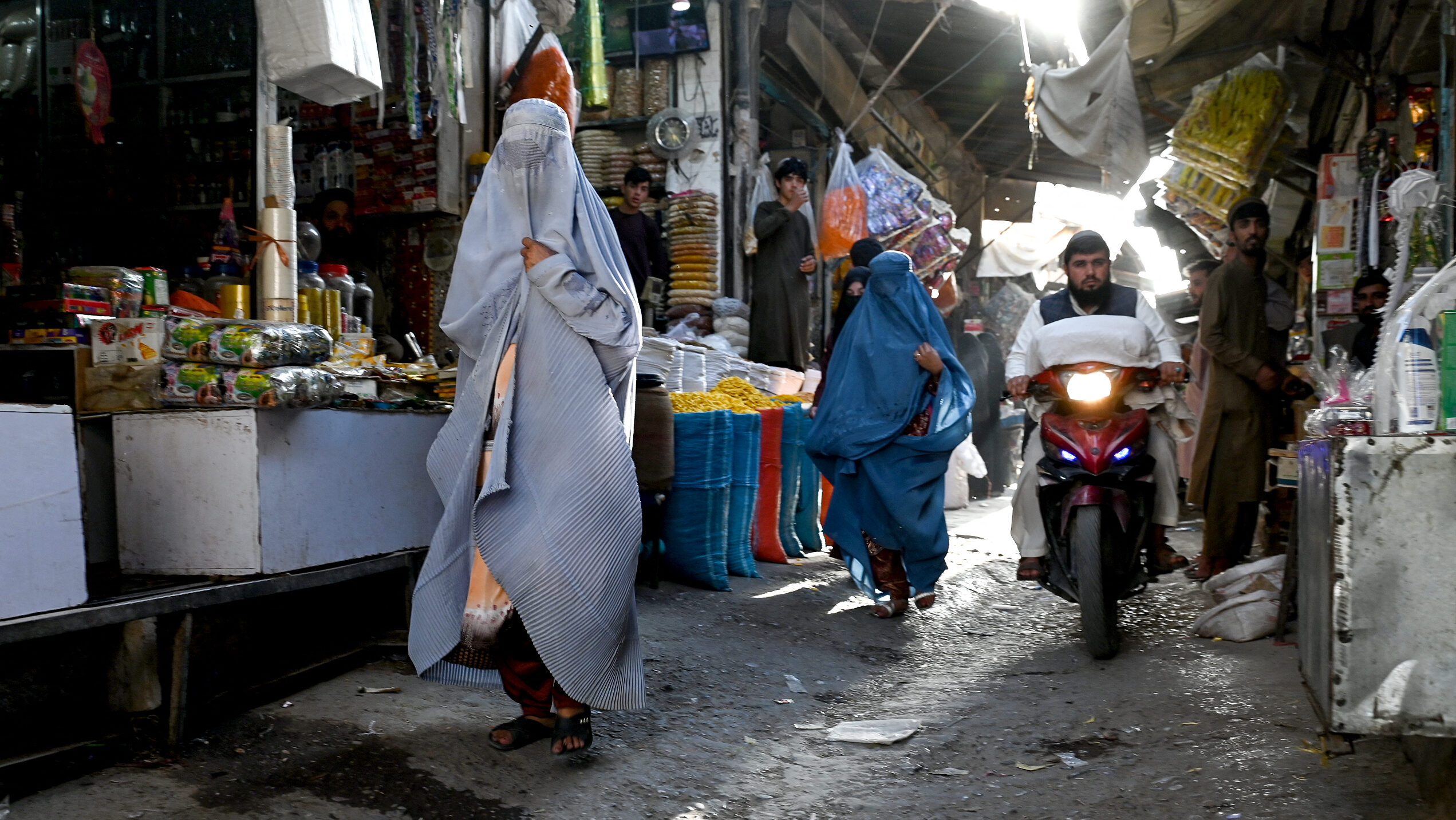Taliban’s Ban on Women’s Voices and Faces in Public Sparks UN Outcry
The Taliban’s newly implemented vice and virtue laws, which include bans on women’s voices and bare faces in public, present a “distressing vision” for Afghanistan’s future, warned the United Nations’ top representative in the country.
Roza Otunbayeva, who heads the UN mission to Afghanistan, stated that the laws extend the “already intolerable restrictions” on the rights of women and girls, indicating that “even the sound of a female voice” outside the home is now considered a moral violation. The new regulations, issued last Wednesday, require women to conceal their faces, bodies, and voices while outside.
These laws empower the Vice and Virtue Ministry, a newly created top-level government agency, to enforce personal conduct and administer punishments for alleged violations, such as warnings or arrests.
Give the gift of hope
We practice what we preach:
accurate, fearless journalism. But we can't do it alone.
- On the ground in Gaza, Syria, Israel, Egypt, Pakistan, and more
- Our program trained more than 100 journalists
- Calling out fake news and reporting real facts
- On the ground in Gaza, Syria, Israel, Egypt, Pakistan, and more
- Our program trained more than 100 journalists
- Calling out fake news and reporting real facts
Join us.
Support The Media Line. Save democracy.


“After decades of war and in the midst of a terrible humanitarian crisis, the Afghan people deserve much better than being threatened or jailed,” she added.
The announcement comes amid the Taliban-led government’s growing acceptance within the international community, despite ongoing criticism for its authoritarian, anti-women legal campaign, embodied by the United Arab Emirates’ acceptance of the Taliban’s ambassador.
The UAE said its decision was based on practicality and would help facilitate the flow of humanitarian aid.
Otunbayeva is set to address the UN Security Council on the situation in Afghanistan on September 18.

